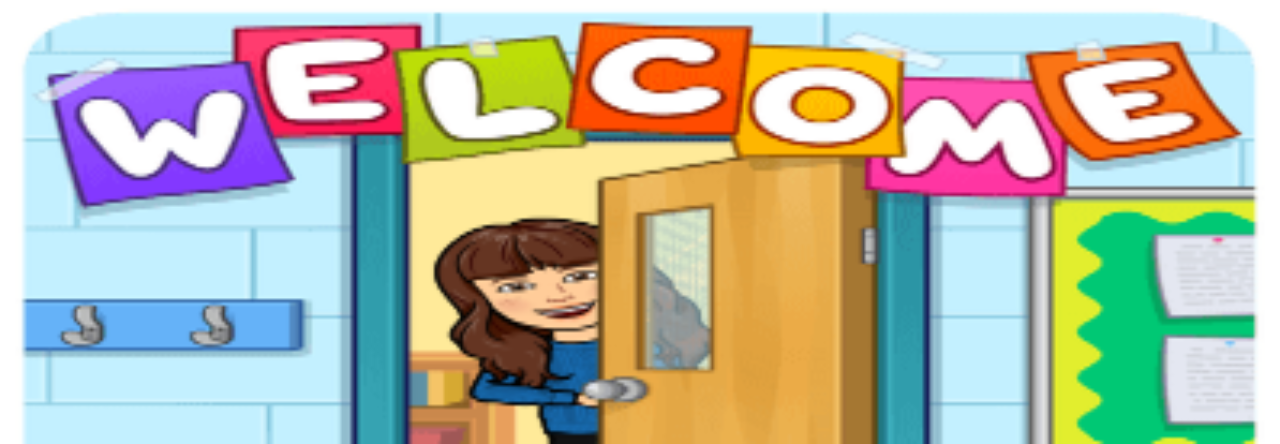What is the best advice you ever received about teaching? Like many of you I have been given plenty of advice over the years in regards to teaching. The best advice I ever got was from a teacher I interviewed in a previous post of mine (Interview for an Inexperienced SpEducator) , which is “Compassion is KEY.”
Compassion is so important, especially now. With the pandemic going on and all of the changes we’ve had to endure this year, we need compassion. As teachers, we get a lot of crap from people for all of the breaks we get. Summers off, snow days, and other random days off throughout the school year. Then there’s the whole working remotely and people saying that we aren’t actually working because they’re doing our jobs now. They don’t seem to understand that homeschooling and remote learning are two different things, but that’s a whole other can of worms.
Anyways, what all of these people don’t realize is teachers need this time off. Working with students, dealing with parents, and dealing with other people in our buildings can be so emotionally exhausting. There are days where you will just lose your patience so easily with people. So, when you finally get home you just want to be left alone for awhile. You want to unwind and de-stress from the day before talking to anyone else. So these breaks teachers get are very much deserved and needed. The teacher I interviewed in my previous post calls them “Compassion Days”, which seems like the perfect name to me.
What’s some of the best advice you ever received? Feel free to share in the comments.




